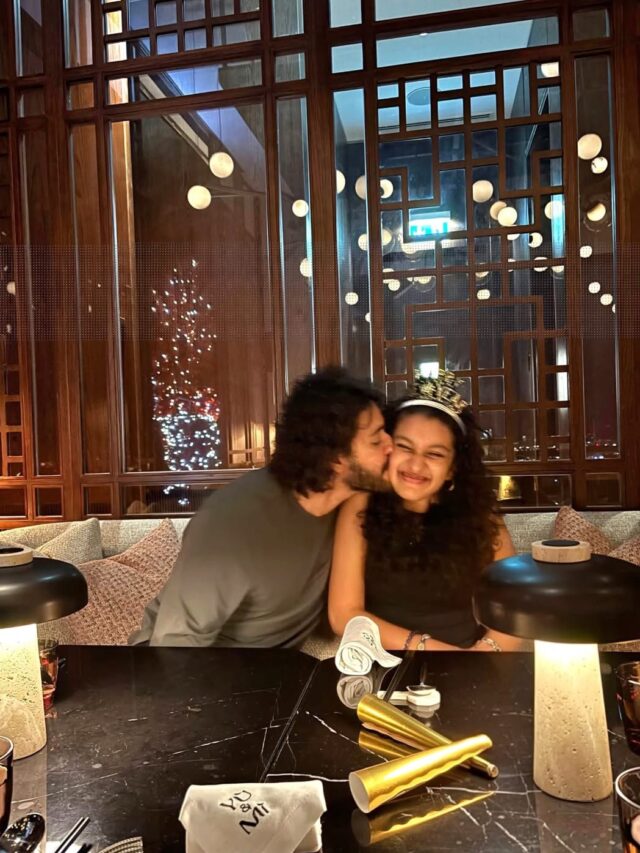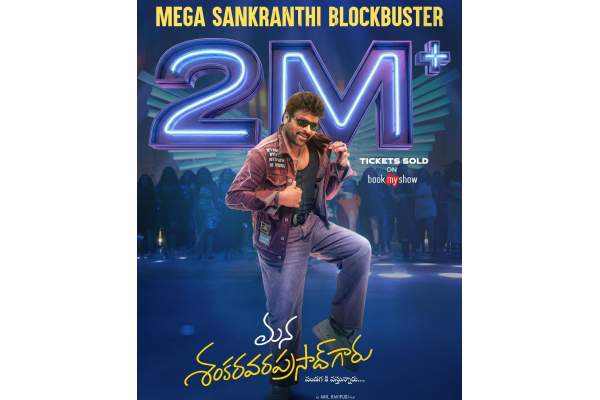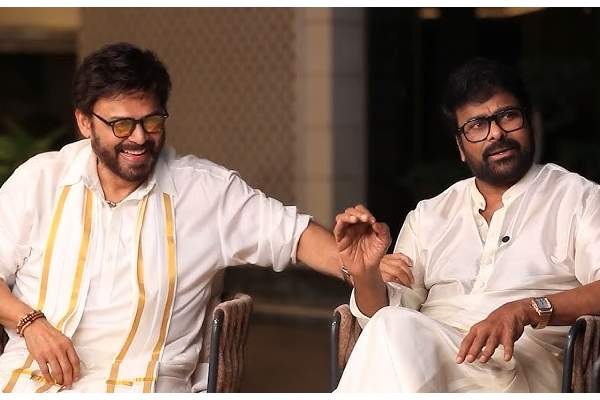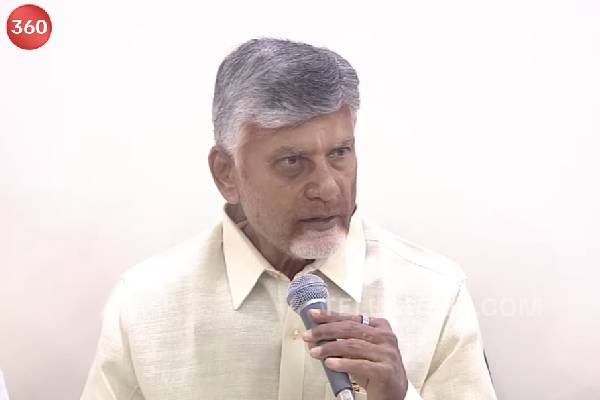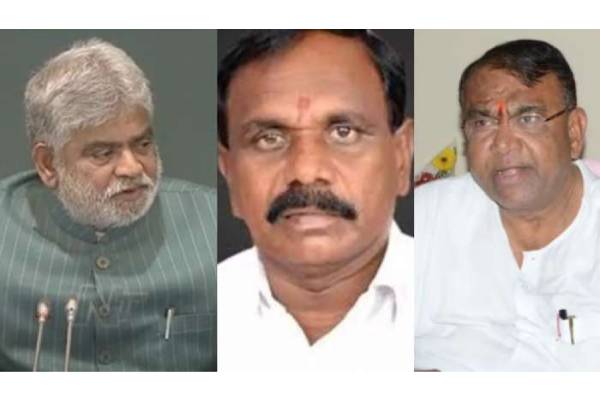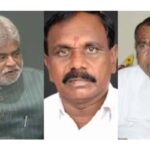On a day echoing the symbolism of Hiroshima’s tragic anniversary, Congress MP and Leader of Opposition in Lok Sabha, Rahul Gandhi, dropped what he called an “atom bomb” of evidence against the Election Commission of India (ECI), accusing it of systematically enabling electoral fraud to benefit the ruling Bharatiya Janata Party (BJP). The explosive revelations, unveiled at the All India Congress Committee (AICC) headquarters, have sent shockwaves through India’s political and democratic landscape, raising deep concerns about the sanctity of the electoral process in the world’s largest democracy.
Backed by a six-month investigation carried out by a team of 40 data analysts, Gandhi’s press conference centered around the Mahadevapura assembly segment in Karnataka, a BJP stronghold since 2008. According to the Congress leader, this single constituency alone revealed a staggering 100,250 fraudulent voter entries, including absurd examples such as voters listed under fake addresses like “House Number Zero,” others registered in breweries and commercial spaces, and even instances where 80 individuals were allegedly living under the same one-room roof. Voters with names like “DFOIGOIDF” listed as a father’s name further punctuated the absurdity. More than 11,000 duplicate voters were identified, along with tens of thousands registered with invalid data or under suspicious forms. This, Gandhi declared, was not an administrative error, but “vote chori” on a massive scale.
In his words, this was not just about voter list discrepancies but a full-blown “criminal fraud” perpetrated, he claimed, in collusion between the ECI and the BJP. Gandhi accused the Commission of refusing to provide machine-readable electoral data and even destroying CCTV footage from polling booths and evidence that he says could have been key to uncovering more widespread manipulation.
The implications of such claims go beyond just one seat. Mahadevapura’s inflated vote count, Gandhi pointed out, gave the BJP a lead of over 114,000 votes, effectively swinging the entire Bangalore Central Lok Sabha constituency in their favor despite Congress leading in six out of seven assembly segments. According to Congress’s internal assessments, the party had anticipated 16 Lok Sabha wins in Karnataka. They ended up with only nine. Gandhi says the “missing votes” are the difference.
But the Congress leader didn’t stop at Karnataka. He cited alleged irregularities in Maharashtra and Haryana, too. In Maharashtra alone, over 40 lakh new voter additions were recorded in a matter of months, more than the number added in the previous five years combined. Gandhi expressed suspicion over the patterns of electoral outcomes that, according to him, defy political logic that exit polls pointing one way, results delivering another. “Why is anti-incumbency never hitting the BJP?” he asked, hinting at what he believes is a targeted manipulation strategy, precise enough to swing key seats without raising widespread alarm.
The ECI’s response has been a demand for formal declarations under oath. The Chief Electoral Officer of Karnataka promptly issued a letter to Gandhi asking him to submit the names of allegedly wrongfully added or deleted voters in a sworn affidavit, as per Rule 20(3)(b) of the Registration of Electors Rules, 1960. The Commission reminded Gandhi that false claims under oath are punishable under Indian law. It also reiterated that the only legally valid route to contest election results is through petitions in the High Court.
Still, Gandhi’s tone turned sharply combative. “You [ECI] are supposed to protect democracy, not destroy it,” he said. “One day the Opposition will return to power. And when we do, every polling official involved in this will face consequences. You will see what we do.”
The Congress party has now escalated the issue onto the streets. A protest rally is set to take place on August 8 in Bengaluru’s Freedom Park, with Rahul Gandhi leading the march, accompanied by AICC president Mallikarjun Kharge, Karnataka Chief Minister Siddaramaiah, and Deputy CM DK Shivakumar. The rally is expected to culminate in the submission of a memorandum to the Election Commission, demanding immediate investigation and systemic electoral reform. Bengaluru traffic police have already issued a city-wide advisory ahead of the large-scale demonstration.
While Gandhi’s allegations have reignited debate around electoral transparency, critics and neutral observers alike note the complexity of the situation. If such massive manipulation is indeed happening, why has the BJP not achieved a larger majority? Why did it secure only 240 seats in 2024? The Congress argues that the manipulation is strategic, not sweeping, used selectively to win key constituencies and avoid triggering systemic scrutiny. Still, such surgical precision, if true, implies an almost implausible level of coordination across India’s sprawling electoral machinery.
Yet, amid the storm of allegations and counterclaims, one fact remains irrefutable: the trust in India’s electoral backbone is under strain. Whether one views this as deliberate subversion or administrative collapse, the irregularities cited demand serious, impartial investigation. Democracy cannot function where the sanctity of each vote is in question. The onus is now on the Election Commission—not to defend itself with legal formalities, but to prove through action that India’s electoral process remains free, fair, and above all, credible.
As the dust settles and legal proceedings begin, India is left with a difficult but urgent question: If the vote itself is in doubt, what remains of the republic?









